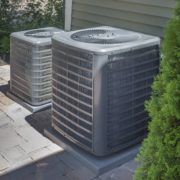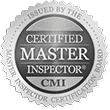How Long Do HVAC Systems Last
HVAC systems are a necessity in the home, no matter if you live in a warm or cold climate. It can be very expensive to replace a unit so keeping up with the maintenance is important. However, the HVAC, like all things, has a lifespan and there may come a time in which you try to repair it to find out that you actually need to replace it.
How long do HVAC systems last? About 10-15 years but it also depends on the climate in which you live, especially if you are in a coastal town, if chemicals are used in the home, and how the HVAC unit is maintained. It is expensive to replace so do what you can to get the most out of the unit.
Let’s take a look at the HVAC system and signs that you may need to replace the unit or repair, the lifespan of various HVAC units, and maintenance to keep your HVAC working.
Signs Replacing Is Needed
HVAC is Close to 10 Years Old or Older
A typical HVAC unit should last you 10 years of longer. However, this is not always the case. If you fail to maintain your HVAC unit with yearly maintenance, then it is likely that your units lifespan will fail you. The lifespan of an HVAC unit is predicated on the local weather conditions and how much time you invest into maintaining your basic system needs.
Do you change the AC filters on a regular basis, or even suck out the drain lines on your AC unit? Have you called a professional for yearly maintenance on the unit? All of the answers to these questions will determine the lifespan of your HVAC unit.
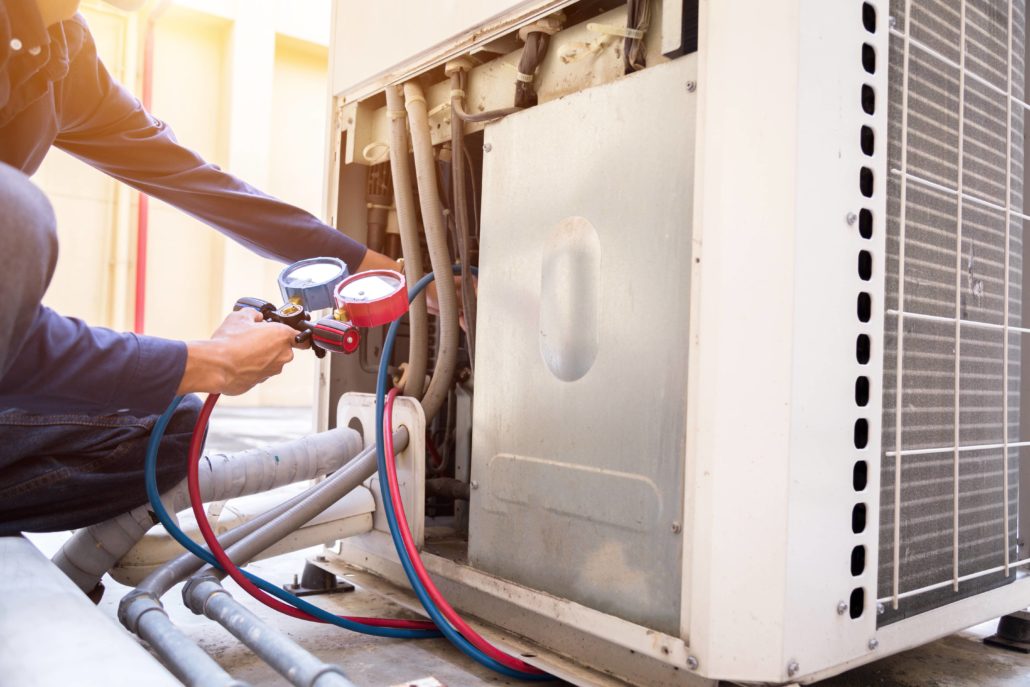
Breaks Down Frequently
The most common reason for your AC unit to break down is lack of yearly maintenance. A licensed professional will be able to inspect and identify any troubling situations that might arise prior to the summer months. However, if your HVAC unit is breaking down even after the maintenance schedule, it is a cause for concern. At this point, frequent repairs might be in order. This is way better than a full unit replacement. However, you should start preparing for a replacement unit just in case.
Electric Bill Has Gone Up….A Lot
Should you notice a dramatic change in your electric bill, you will want to check a few things first. Higher energy bills are often a cause for alarm that your air conditioner is getting old. It may mean that it cannot keep up with the demands of the inside and outside weather conditions.
Efficiency and malfunctions are the two main causes for your energy bill to rise. If the energy bill has gone up on more than two occasions, it is definitely recommended that you look into the functionality of your system.
Your A/C Unit Uses R22 Freon
Just in case you were not aware, the use of Freon in an AC unit has been discontinued in the U.S. as of January 1, 2020. What this means for you is if you have an older AC unit that requires a Freon boost in order to maintain proper working conditions, this might cause you to replace the unit. Also, because there is very little R22 available, it is very expensive. Newer models use 410A and don’t need to worry about R22.
According to the Environmental Protection Agency (EPA), there are huge negative effects to using Freon in the environment. With that being said, it is highly recommended that any person that owns a location with an AC unit that requires Freon should start saving for an AC replacement.
Here is a video about when to repair or replace the system
Replace or Repair?
A professional can tell you if you are wasting your money on the repairs or if the unit is close to the end of its lifespan. It costs between $3,000- $12,000 to replace an HVAC system. It will depend on the size of your home as to the size of the unit you need. Also, if you are seeing the technician often, think about the amount of money you are spending.
You may be surprised that by buying a new unit you will save money in the end because it will run better and you don’t need to have an AC company on speed dial. Of course, find out if you need a simple repair. A technician can help you figure out the best route to go, especially if the system is still “young” and has years left.
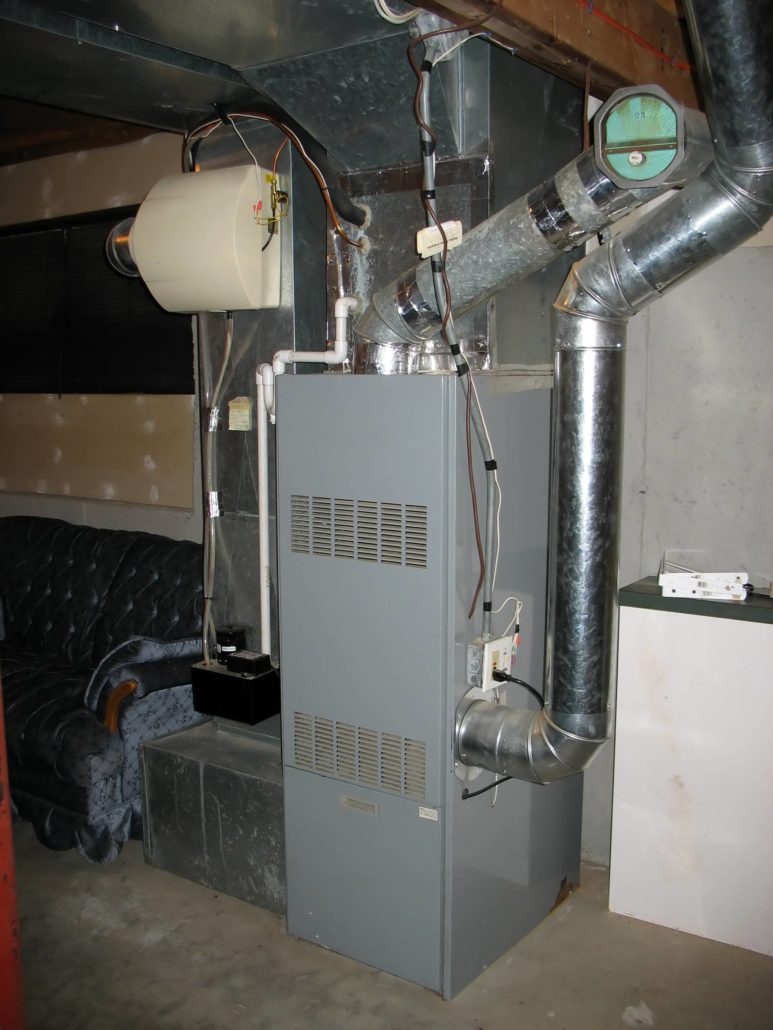
Lifespan of Different HVAC Systems
Furnace
The life expectancy of your furnace is 15-25 years. This is predicated on the proper yearly maintenance of your furnace. A furnace is typically replaced when the heat exchanger starts leaking. Oil furnaces will cause a bigger problem after 10-15 years, if they aren’t maintained properly as well.
Heat Pump
Your typical heat pump can last you 10-20 years, depending upon the amount of time that you use it. In order to maintain its functionality, it is important to maintain the capability of providing heating and cooling each year. It’s also highly possible that a heat pump that is located in the coastal areas will suffer an earlier breakdown due to the salt air and weather conditions.
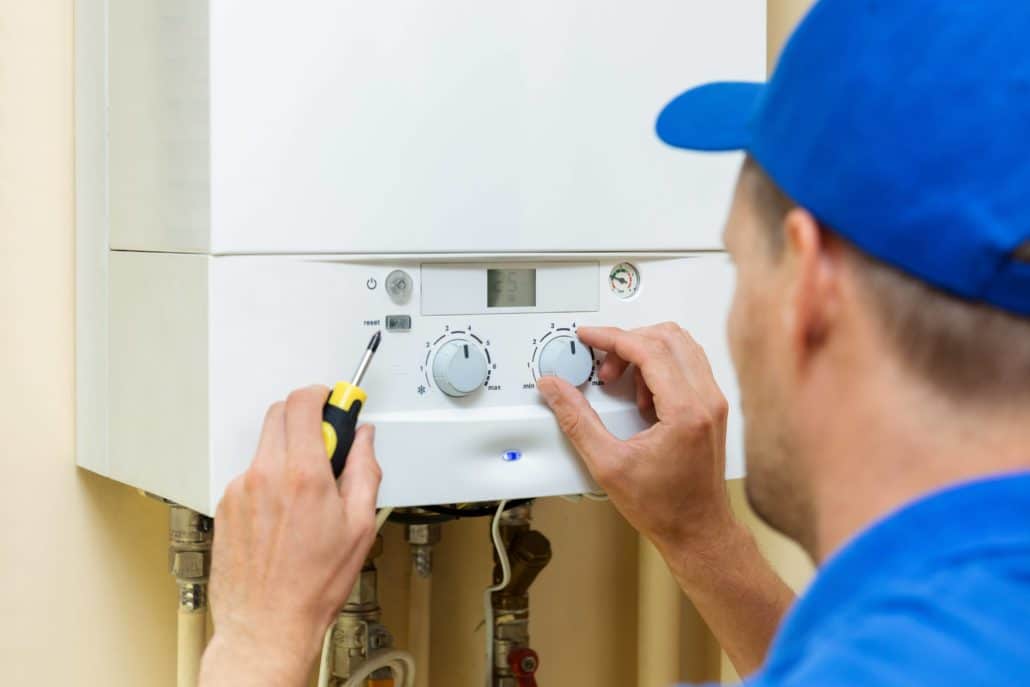
Boiler
Your boiler is typically only replaced when the heat exchanger is leaking. Most boilers will last 20-35 years.
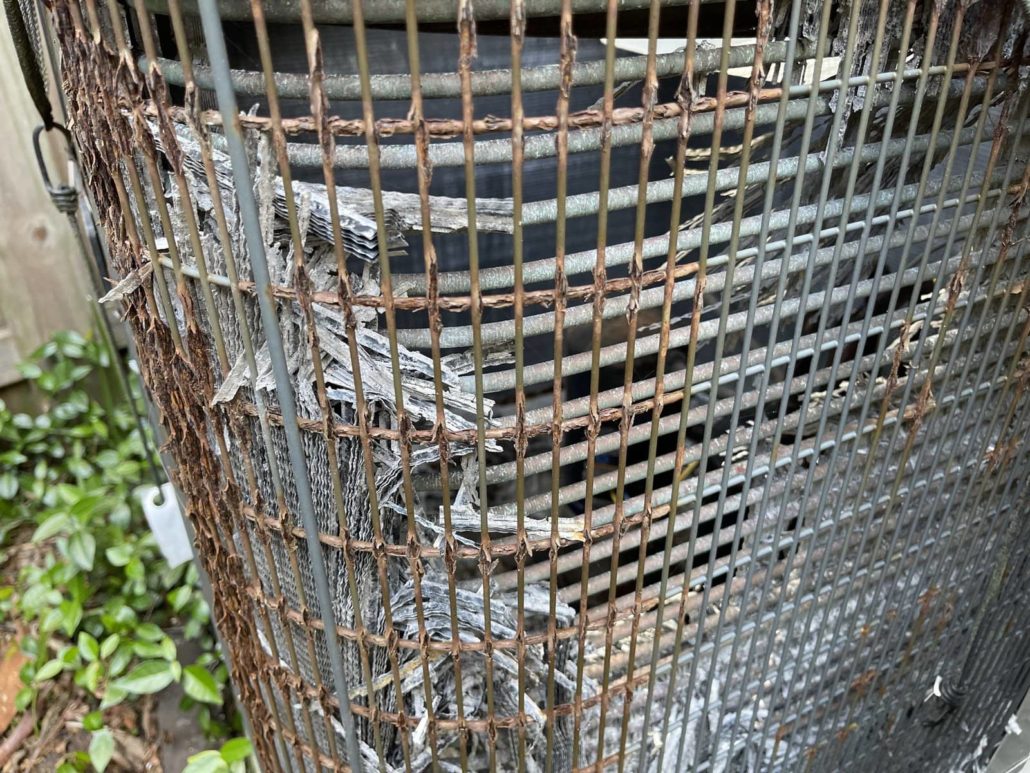
Air Conditioner
The air conditioner will typically last you 15 to 20 years depending upon your maintenance schedule. The issue with your AC unit is typically when the compressor fails or the condenser develops corrosion and begins to leak. Unfortunately, in more coastal areas, the AC units begin to fail at a faster rate due to weather conditions and salt air.
However, if you live on the beach in Florida, it may last only 5 years!
Factors That Affect the Life of the HVAC
Air conditioner freezes up – if this happens, it may be due to lack of airflow, broken or crushed duct, dust on the coils, or low refrigerant to name a few.
Blower Motor – this can go bad if you hear strange sounds, there is overheating, or weak airflow. You will want to call a professional if there are any issues.
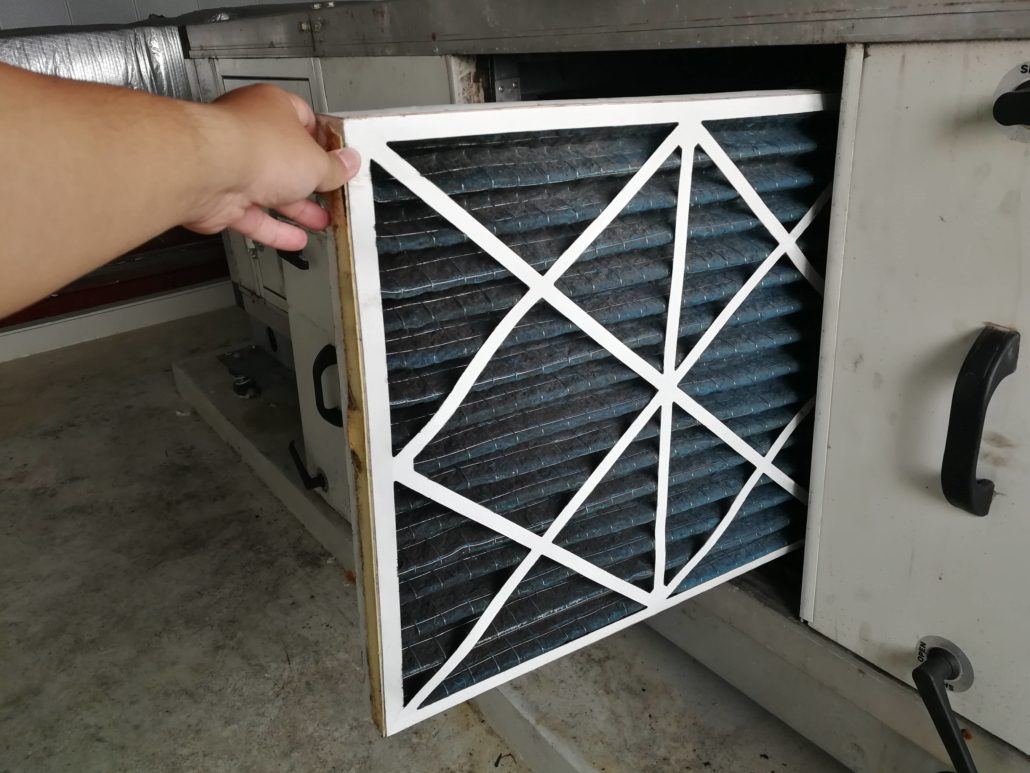
Maintenance of the HVAC
Replace the Air Filter – you will need to replace the air filter every 1 -3 months depending on the environment in your home. This means, if you have dogs, or someone who smokes, you may need to change it every month. If you don’t, you may be able to do it every 3 months. Take a look at it each month and if it starts to look clogged, it may be time to replace the filter.
Clean Around the Unit – make sure grass and plants are not growing into the unit. This can cause the unit to break down.
Condensation Line Needs Cleaning Out – You can do this every month: Add ¼ cup vinegar to the drain. Next, let it sit for 30 minutes, flush it out and it should clear. This will allow it to kill harmful bacteria, sludge, mold, and algae.
Adjust the Thermostat– always keep the temperature inside the home cooler than it is outside the home.
Other Areas for Maintenance
Attic
You want to help keep your home cool so the HVAC systems don’t have to work as hard in the summer. One way to do this is to keep the attic cool. Keeping the attic cool can be done by having enough insulation in the home, light color shingles, sealing cracks, and shade landscaping to name a few.
When to Call a Professional
It is imperative that you call a professional to check on your HVAC unit when you hear strange noises. It is recommended that you also utilize a professional HVAC service at least twice a year to do maintenance and a system checkup. Failing to do your yearly maintenance can cause the system to break down and cost you a lot of money in the long run.
Conclusion
The HVAC systems in a home are the most vital parts of you living comfortably in the heat and cold weather conditions. Although most HVAC systems last 10 to 15 years, it is important for a homeowner to maintain the system. It is far more costly to neglect the HVAC system in a home, and much smarter to maintain and save money on a yearly basis. Inside and Out Property Inspectors will check your HVAC unit during a home inspection in Jacksonville and St. Augustine, FL.
